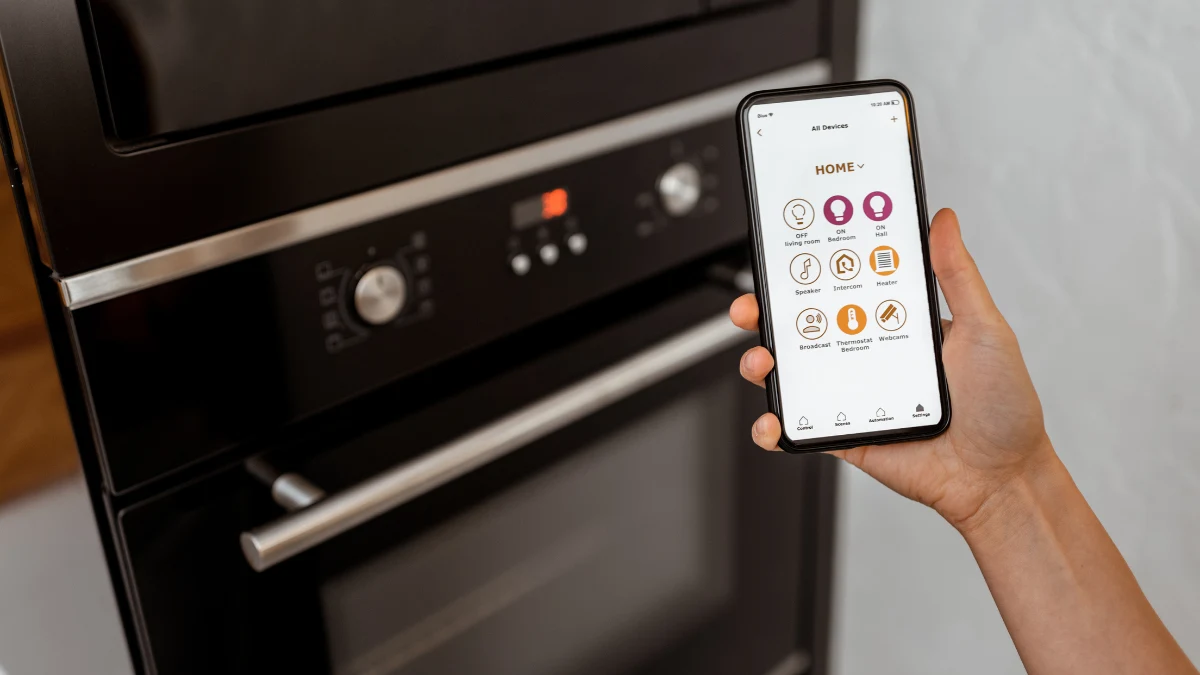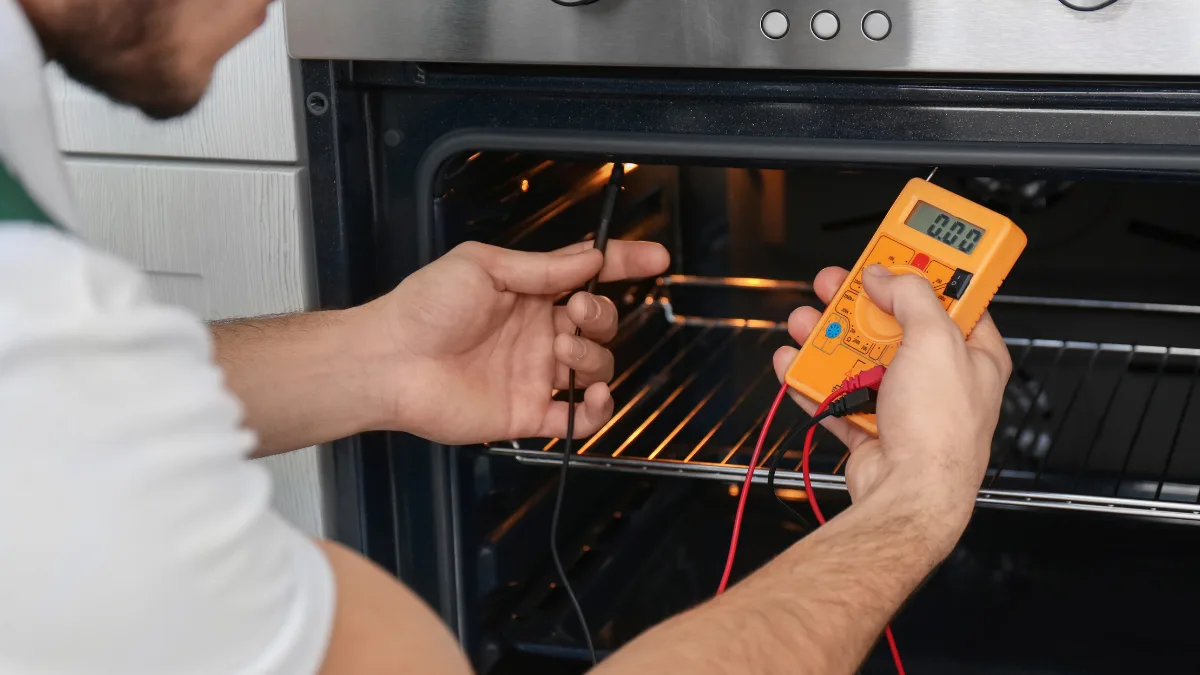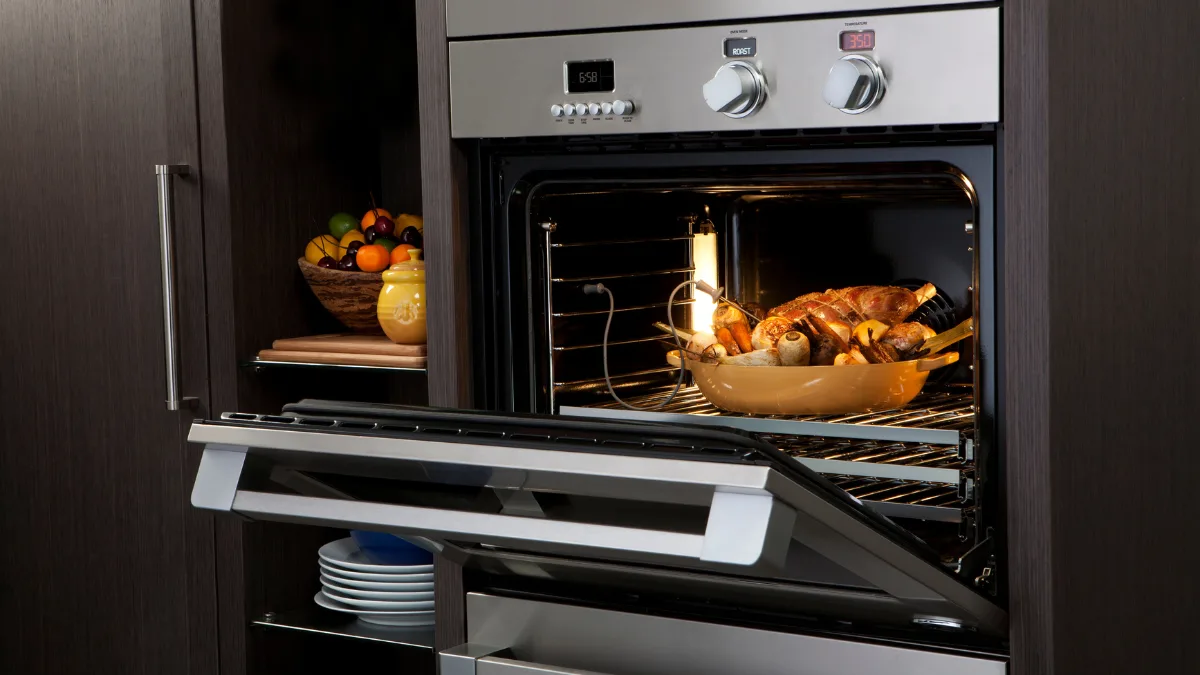Smart oven provides many benefits, especially with various features that they have. However, the advantages and disadvantages of smart ovens cannot be separated even though we can feel the benefits.
The advantages and disadvantages of smart ovens include ease of use, temperature settings, price, and potential technical issues.
This article will inform you about some of the advantages and disadvantages of smart oven as your consideration before deciding to use it.
The Advantages and Disadvantages of Smart Oven
Smart ovens have advantages such as precise temperature settings, convenience, and energy saving. However, there are also disadvantages such as high prices and potential technical issues. Here are the advantages and disadvantages of smart ovens in detail:
The Advantages of Smart Oven

Here are some of the advantages of using a smart oven:
1. Ease of use
Using a smart oven is made easier and more practical with features such as timers, reminders, and remote temperature control. For those who are busy, the convenience of this device is certainly very helpful.
2. Precision temperature setting
With a smart oven, you can get more consistent cooking results according to the recipe because of the more accurate temperature settings.
3. Energy saving
Some smart ovens are equipped with features such as automatically turning off when the cooking process is complete or giving a warning if you forget to turn off the oven. This feature will certainly save energy usage.
4. Modern design
If you want to add aesthetics to your kitchen, a smart oven is the right choice. Usually, this device has a more modern and functional design.
The Disadvantages of Smart Oven

Here are some of the disadvantages of using a smart oven:
1. Expensive price
With a wide range of features, smart ovens tend to be more expensive compared to conventional ovens.
2. Not all compatible
While they can connect to various other devices in your smart home system, some smart ovens may not be compatible with all your other smart home devices.
3. Potential technical issues
With so many advanced features, smart ovens have the potential to experience technical issues just like any other advanced electronic device.
4. More complex maintenance
With so many features, smart ovens also have the potential to require more complicated maintenance.
Those are the advantages and disadvantages of smart ovens that you can consider before deciding to use them. When you choose a smart oven you can feel all the advantages from precise temperature settings, and convenience, to energy saving.
However, don’t forget to make a consideration of the disadvantages which are higher price and potential technical issues.
Another thing to note is that smart ovens on the market use Bluetooth or WiFi technology, this technology must pass the certification test from the Directorate General of Digital Infrastructure (DJID).
With DJID certification, users can feel calm about using a smart oven device whose quality and security are guaranteed. For manufacturers or importers of smart oven devices, obtaining certification from DJID is a mandatory step before the device can be officially marketed in Indonesia.
To simplify the certification process, we are available to assist with this process as a reliable solution. [UN]

